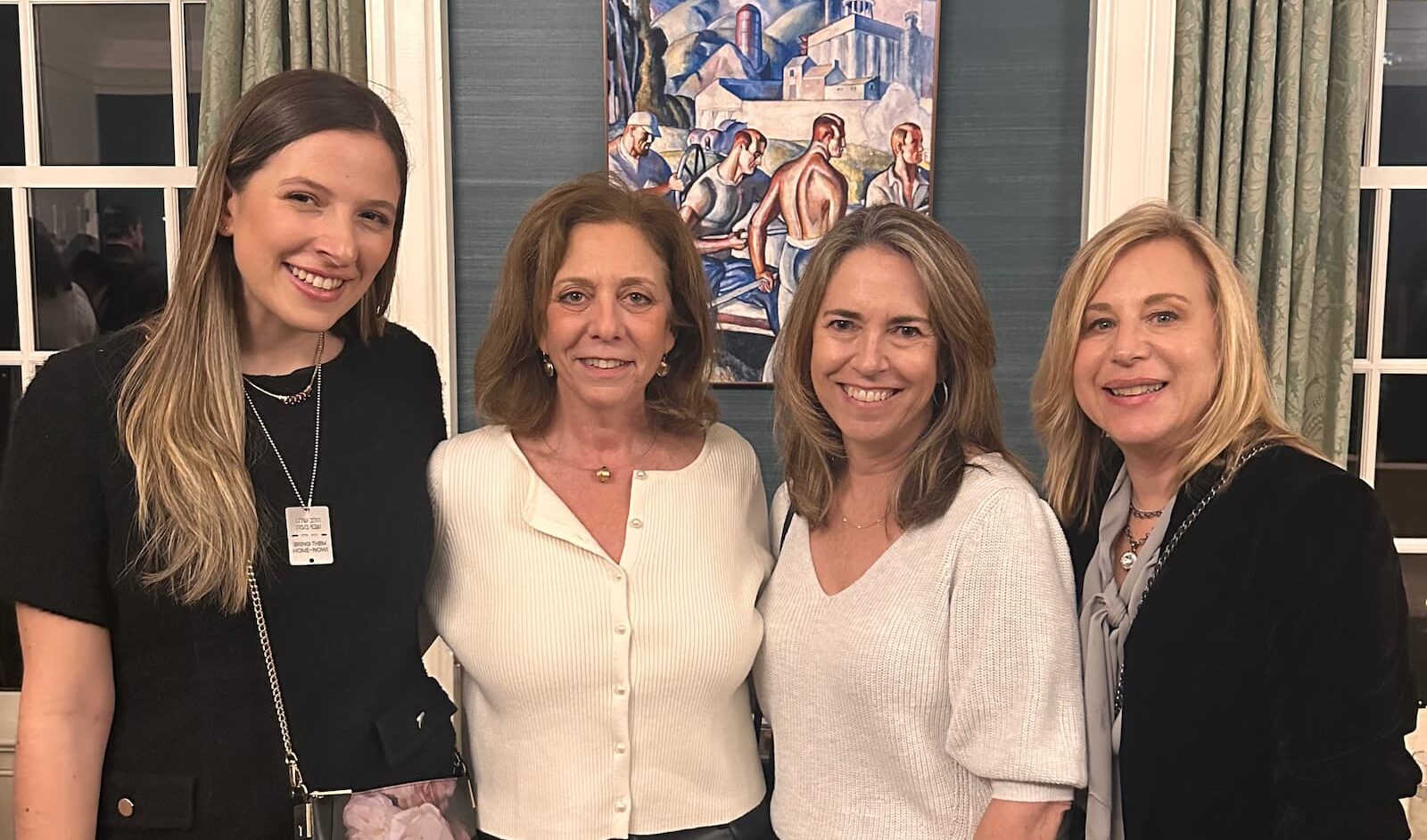In Response to Trump Administration, Jewish Advocacy Groups Consider Their Future
BY : Jillian Diamond, Jewish Exponent
Regardless of people’s personal opinions about Donald Trump’s inauguration as the 47th U.S. president, one thing is clear: This change in leadership comes with many dramatic changes in the status quo for people all over the country. And that includes advocacy groups that focus on the American Jewish community.
With the president recently sworn in and a flurry of executive orders announced, some advocacy groups have had to take a step back and reexamine their approach to activism not only on the federal level but also on the state and local levels. The approaches they used during the Biden administration may not be as effective now, and while many of them successfully made it through the first Trump administration, so much has changed over the past few years that the strategies they used at the time will have to be reconsidered.
With the president recently sworn in and a flurry of executive orders announced, some advocacy groups have had to take a step back and reexamine their approach to activism not only on the federal level but also on the state and local levels. The approaches they used during the Biden administration may not be as effective now, and while many of them successfully made it through the first Trump administration, so much has changed over the past few years that the strategies they used at the time will have to be reconsidered.
“This election felt different, as Trump is now a known entity and people are aware of what he and the GOP could potentially accomplish,” said Jill Zipin, chair of Democratic Jewish Outreach PA. DJOP is the only Jewish Democratic PAC in the state. “This time, instead of immediate outrage, it felt as if people, after he won, were sitting shiva. People needed to acknowledge their grief and take care of their emotional health. It is now time for us to emerge from our period of mourning, gather our resources and fight for our country.”
Liberal-leaning advocacy groups in Pennsylvania have a long road ahead of them. Pennsylvania’s open senate seat flipped, with Republican newcomer Dave McCormick defeating three-term incumbent Democrat Bob Casey Jr., and two of the state’s seats in the House of Representatives also flipped from Democrat to Republican. These changes will make it far more difficult for these advocacy groups to work towards their policy focuses.
Other organizations are more optimistic that the administration will be open to dialogues about important issues and that it’s necessary to work with them, rather than against them, to achieve certain policy goals. Robin Schatz, director of government affairs at the Jewish Federation of Greater Philadelphia, noted that this approach has been unpopular with some community members but that it has been effective in the past.
“Because there was such division within the Jewish community for the first Trump term, when I set up a meeting with [Paul Teller, former special assistant to the president for legislative affairs] for a group I was bringing to D.C., there was pushback from members of the group who said they felt that going to the White House while President Trump was in office would make them complicit,” Schatz recalled. “My point was that he’s the president. We need to have these relationships and find these points of intersection. … Regardless of who’s in the seat of power, whether it’s elected officials on the local, state or federal level, you need to treat people with respect and find a way to work together.”
The Jewish Federation being open to working with the administration does not mean that it approves of its policies, though. Schatz added that they are not “bobbleheads who always nod [their] heads yes,” and that meeting with elected officials to communicate which policies constituents are for or against is crucial, no matter who those elected officials are.
One area of concern, though, is that Trump did not appoint a White House Jewish liaison during his first term — making him the first president to not do so since before Jimmy Carter took office. It currently remains unclear whether he will appoint one during his second term or not, which may affect advocacy focused on addressing and combatting antisemitism.
His proposed policies on immigration have also been divisive. It’s definitely something the Jewish Federation of Greater Philadelphia has been considering, especially as it has collaborated with HIAS on immigration-focused work in the past.
“My daughter-in-law is a teacher in the Maryland suburbs,” Schatz said. “She was telling me that they have many undocumented families, with children who are birthright citizens. They’re making plans for what happens if ICE officials come into the schools. People are scared, and they’re worried.”
During uncertain times like these, many of these advocacy groups agree that the best thing people can do if they want to have an impact on policy is to get involved in community organizing. Zipin noted that the most important political issue in Pennsylvania right now is the upcoming judicial retention races, which DJOP is aiming to educate people on.
“Judicial elections are important, as what judges do on the bench impacts the everyday lives of voters,” she said. “We need to make people aware of these elections and we plan on doing educational events around them.”
During tumultuous times like these, though, it’s most important for constituents to stay focused and keep a clear head despite how overwhelming the political landscape may feel.
“We should focus on issues, not personalities,” Schatz said.
jdiamond@midatlanticmedia.com

